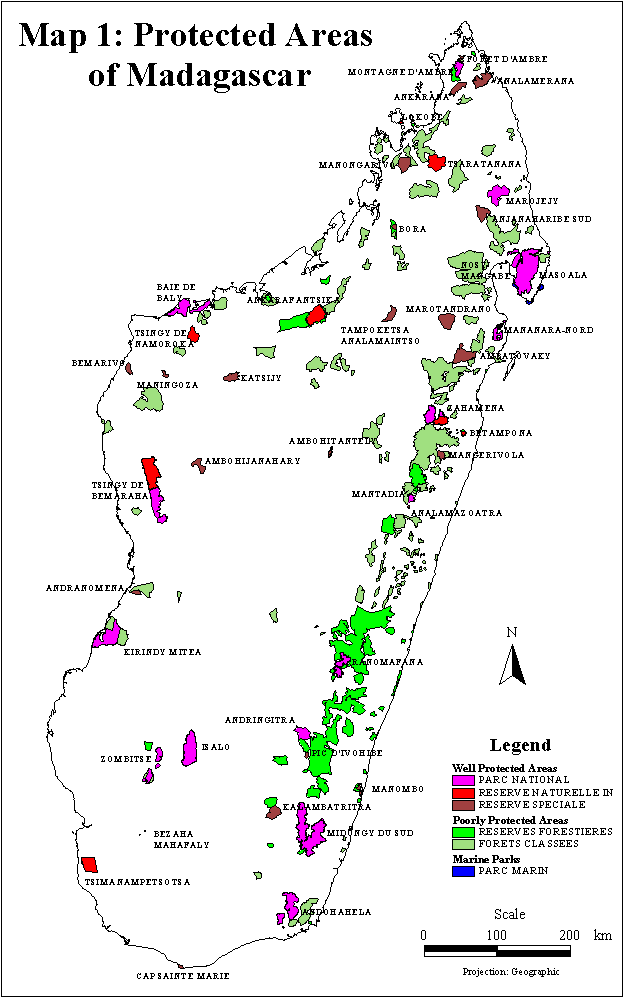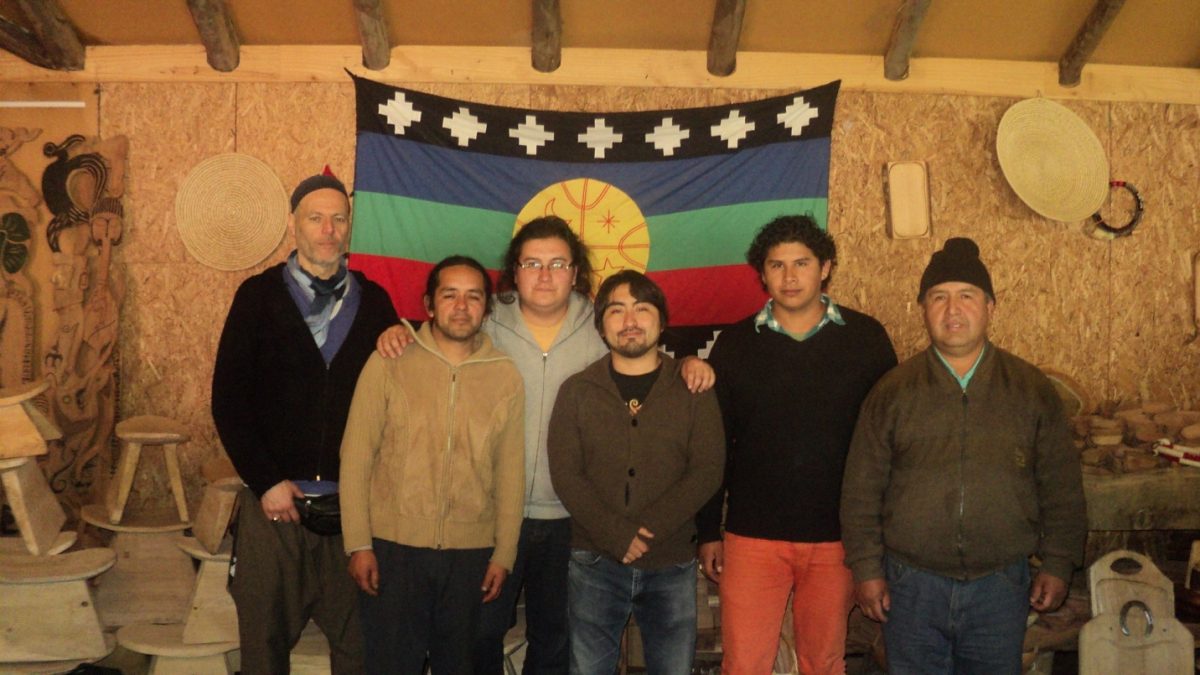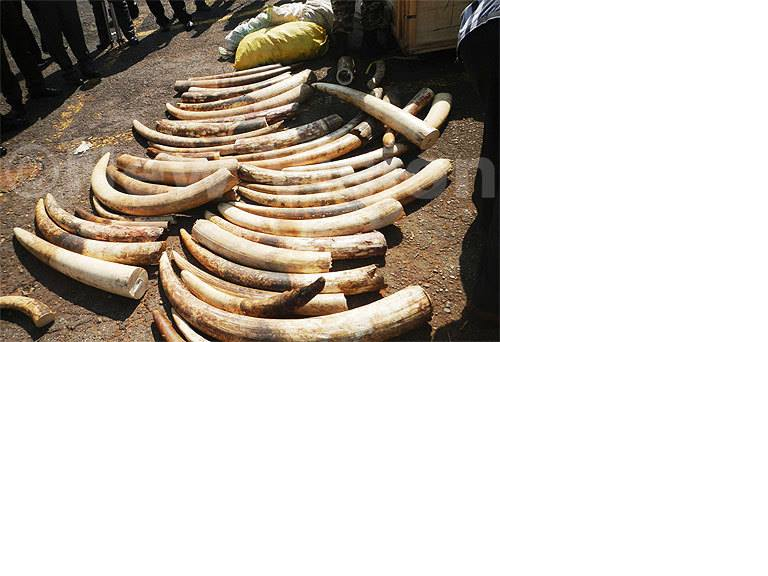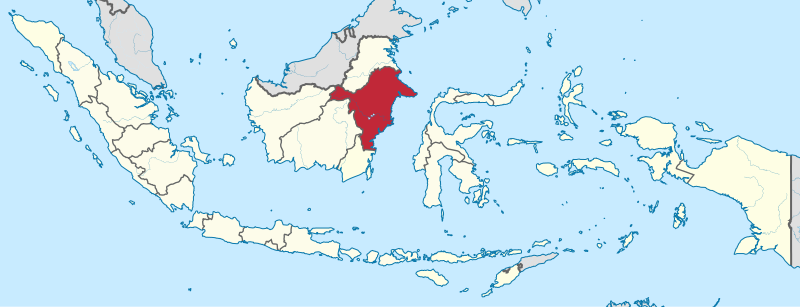By Carole Excell and Cait O’Donnell (Posted October 28, 2013)
A special thanks to: Ariana Alisjahbana (WRI) for translating the many steps of JATAM’s right to information (RTI) request.
The Indonesian province of East Kalimantan has experienced a mining boom in the last decade. This boom has been decidedly pronounced in Samarinda, its capital, where more than 70% of the area has been allocated to mining concessions. Mining pits have been excavated near residential communities and then abandoned without reclamation and without proper environmental and safety control. As a result, two children were found dead in a mining pit in the outskirts of Samarinda, East Kalimantan in 2011.
JATAM (the Mining Advocacy Network), responded to these fatalities by using Indonesia Public Disclosure Act or Freedom of Information Act (FOIA) as an advocacy tool. JATAM is a network of non-governmental organizations and community-based organizations working on a number of interconnected issues including human rights, gender, the environment, indigenous peoples, and social justice in relation to the mining, oil, and gas industries. JATAM requested environmental impact assessments (EIA), also referred to as the AMDAL process in Indonesia, for all of the coal mining companies operating throughout East Kalimantan (approximately sixty).The organization hoped that obtaining these assessments—which they are legally guaranteed access to through FOIA —could shed light on local coal mines’ contaminants, the mitigation of impacts from mining activities, the monitoring of mining concessions, and other health and safety concerns.
JATAM embarked on their mission to obtain EIAs for every coal mining operation in January 2012. To date, they continue to work on fulfilling this mission. JATAM’s struggle makes it clear that while Indonesia may have a freedom of information law, actually obtaining the government-held information that directly impacts them is exceedingly difficult for the country’s citizens. Kahar Al Bahri, JATAM East Kalimantan’s Coordinator, describes the process of requesting environmental information under the Indonesia’s Freedom of Information law in an interview on YouTube.
1. JATAM initiated this process on January 12, 2012 by sending a letter to the Provincial Environment Agency in Samarinda, East Kalimantan, Indonesia. JATAM received no response. They sent and re-sent letters to the Provincial Environment Agency in Samarinda, the Environment Agency of East Kalimantan, and the Information Commission of East Kalimantan. Still, JATAM received no response. They filed a formal complaint with the mayor of Samarinda, who claimed that the information is private.
2. JATAM sent a formal complaint to the Information Commission of East Kalimantan, which agreed to mediate a meeting between JATAM and the Environment Agency of East Kalimantan. The Environment Agency, however, did not attend the first meeting. At the second meeting, the Environment Agency’s head denied the legitimacy of JATAM as an organization that could file a FOI request. Through the Information Commission’s mediation, the Environment Agency agreed to give JATAM the EIAs in one month.
3. Less than a month later, the Environment Agency claimed that the meeting did not follow the correct legal procedures and refused to comply with the decision. JATAM involved the local court system and, after several months, the court ruled that the Environment Agency had 8 days to comply with JATAM’s EIA request.
4. As of the date of the interview, The Environmental Agency is delaying the request and only issuing one EIA per week. The attached infographic outlines the timeline and the specifics of each step of JATAM’s EIA request.
The Need for Proactive Disclosure
As the process outlined above indicates, JATAM’s success in acquiring EIAs in East Kalimantan was hard-earned. The battle clearly provides justification for the call by advocates around the world that environmental information needs to be proactively available to members of the public without a request. Proactive Disclosure is the purposeful and anticipatory release of information to the public by government. Proactive Disclosure includes making information available to many potential requestors at once in a timely and efficient manner. In 2010, the International community adopted some specific guidelines in Bali, Indonesia, called the UNEP Bali Guidelines, on access to information, public participation and access to justice in the case of the environment, which recognize that: “Environmental information in the public domain should include, among other things, information about environmental quality, environmental impacts on health and factors that influence them, in addition to information about legislation and policy, and advice about how to obtain information.” Environmental Impact Assessments fall into the category of information in the “public domain” which should be made available without a request for information. This is because they facilitate an understanding of environmental impacts and monitoring of industry performance. However, in practice, as can be seen from the case of JATAM, these essential documents are not online, downloadable, or onsite in accessible forms.
Strengthening the Right to Information for People and the Environment
The Access Initiative (TAI) has been working in Indonesia with our partners Indonesian Center for Environmental Law (ICEL) and Wahana Lingkungan Hidup Indonesia (WAHLI) to promote proactive transparency and appropriate implementation of Indonesia’s Public Disclosure or FOIA Law. In a two year initiative called ”Strengthening Right to Information for People and the Environment” (STRIPE), we sought to empower communities in Indonesia to improve their environmental health through improved access to information on air and water quality in Serang and Jepara, Indonesia. The STRIPE project also pointed to the deficiencies in the FOI law and to the importance of increasing the capacity of government agencies to proactively release information. Obviously, there is still much work to be done, but it’s encouraging that a handful of dedicated groups are now endeavoring to bring to light the need for access to information. Through perseverance, groups like JATAM, ICEL, and WAHLI will continue to promote the proper implementation of FOI as an advocacy tool. But perhaps more importantly, they’ll push for the recognition that proactive transparency of environmental information is paramount. Proactive transparency will be discussed at the Open Government Partnership Summit in London this week on Civil Society Day. It is timely for the Indonesian government to consider this approach as it takes on the Presidency of the Open Government Partnership. Timely access to environmental information is what open government is about. More information: Read more about STRIPE here Read an article about STRIPE from TechPresident.com



